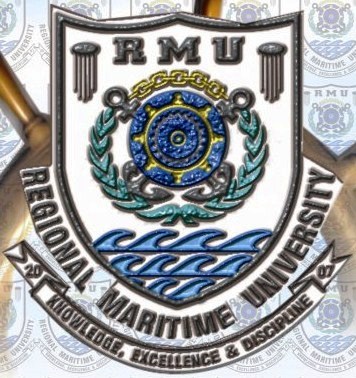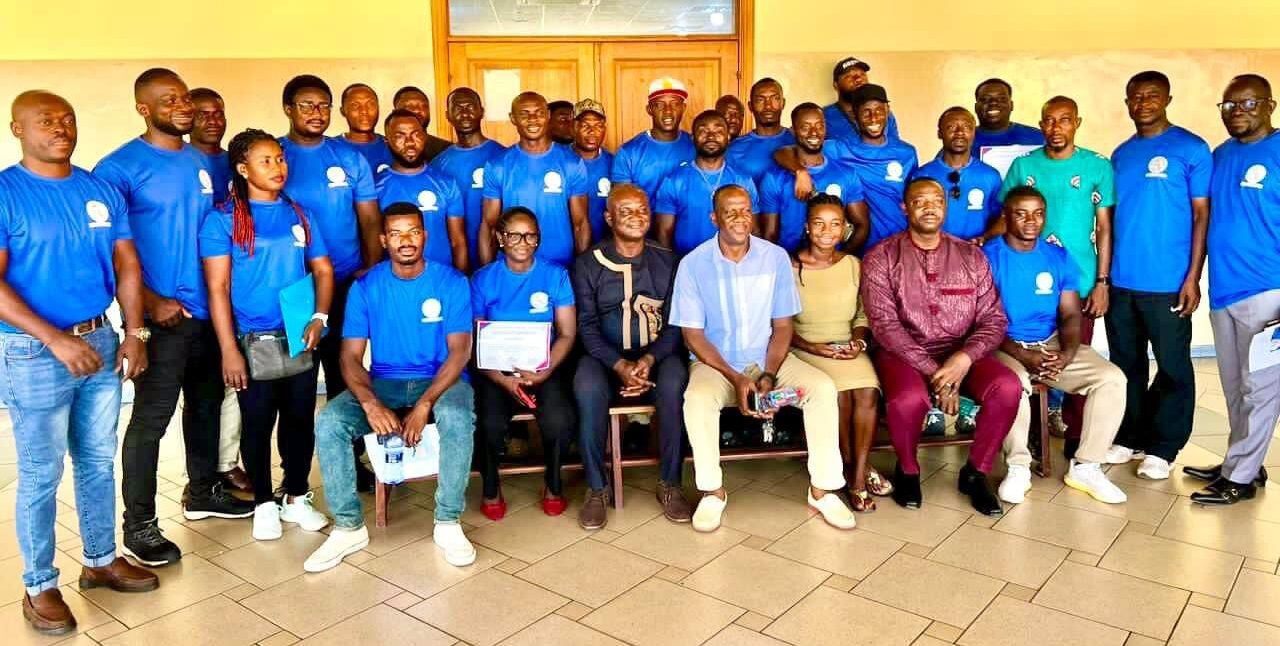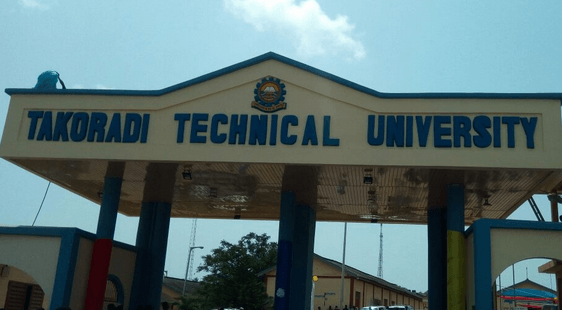
The Regional Maritime University (RMU) Graduate School as part of efforts to help the country address its environmental issues has introduced two courses, the M.Sc. Environmental Engineering and M.Sc. Bioprocessing Engineering.
The programmes, scheduled to commence in September this year, would provide graduates with knowledge on the environment and land based industries as well as finding solutions to technological problems in the renewable energy, environmental and bio-processing engineering sectors.
The Coordinator, RMU Graduate School, Mr George Kobbina Vandyck in a statement issued in Accra explained that, the M.Sc. Environmental Engineering would produce graduates combining technical and scientific skills on the environment.
"The course will cover environmental programmes related to air, water and soil waste and recycling, and generally the development of sustainable green technologies and economies. An essential focus of the training programme is to equip the graduates with the necessary skills to enable them enter into self-employment by judiciously harnessing and processing our natural resources," he stated.
The specific areas he said, included alerting participants on major environmental concerns at the global, regional and local levels to promote a holistic and proactive approach to the solution of environmental problems, familiarise participants with instruments and techniques used for the prediction and measurement of environmental quality.
With the M.Sc. Bio-Processing Engineering he added, the programme would prepare highly qualified engineers capable of finding solutions to technological problems in the renewable energy, environmental and bio-processing engineering sectors as well as allied processing industries in order to satisfy the needs and desires of society.
The programmes according to Ms. Sika Attipoe, Ag. Public Relations Officer of RMU, were structured in modular forms to enable graduates working in other sectors to combine work with study.
This she said, would help people who wish to attain knowledge and skills aside their current professional requirements to do so without stress.
"Students who have gone through either of the programmes are likely to be employed in industries and organisations such as food processing, breweries, extractive, pharmaceuticals, mining, renewable energy, Environmental Protection Agencies and Ministries of Energy and Power," she added.
She said, students would also be attached to industries while in school to have a firsthand knowledge on the demands of the industry.
Read Full Story




















Facebook
Twitter
Pinterest
Instagram
Google+
YouTube
LinkedIn
RSS